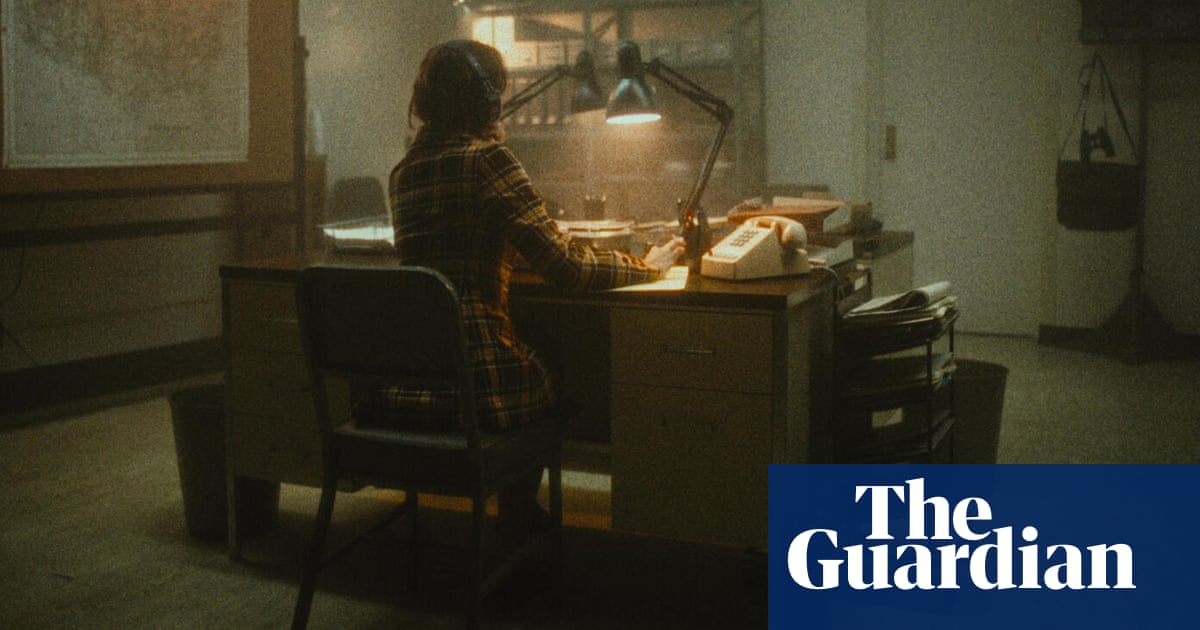‘They couldn’t stop themselves’: what do we really know about serial killers?

🌈 Abstract
The article discusses the life and career of Dr. Ann Burgess, a pioneer in the FBI's Behavioral Science Unit who helped develop the agency's modern playbook for profiling serial killers. It explores how Burgess shattered a glass ceiling in the male-dominated FBI while raising children, and how she worked with the FBI to understand the psychology and motives of serial killers.
🙋 Q&A
[01] Dr. Ann Burgess and the FBI's Behavioral Science Unit
1. What was Dr. Burgess's role in the FBI's Behavioral Science Unit?
- Dr. Burgess was a pioneer in the FBI's Behavioral Science Unit who helped develop the agency's modern playbook for profiling serial killers.
- She was invited to the FBI academy in Quantico, Virginia in 1978 to give lectures and teach the agents about victimology and violent sex crimes.
- As a consultant on the new task force, she brought a proper research methodology to the way interviews with serial killers were conducted.
- She helped produce a 57-page interview guide which included information on the victim, and developed techniques to profile serial killers based on patterns and characteristics.
2. How did Dr. Burgess's work with the FBI produce results?
- The work Burgess and her team did helped develop a likely profile of the killer of two young boys in Nebraska in 1983, which led to the arrest and confession of John Joseph Joubert IV.
- Burgess wrote in her memoir that they had "proven that there was value in understanding the criminal mind ... to be able to actually use criminal profiling in an active case to hunt down a killer was the most satisfying reward of all."
[02] Understanding the Psychology of Serial Killers
1. What patterns did Dr. Burgess observe in the psychology of serial killers?
- Burgess found that serial killers often had experiences from a young age that shaped their development, such as an absent father and a domineering mother.
- She also observed that serial killers tended to be very bright and engaged in a lot of "fantasy" involving death, rape, and other disturbing themes, which was different from normal childhood fantasies.
- Burgess noted that serial killers were often very good at evading capture, and many of them couldn't stop themselves from committing their crimes.
2. How did Burgess approach interviewing serial killers?
- Burgess took a more structured, research-based approach to interviewing serial killers, rather than just letting them talk freely.
- She would ask specific questions to try to understand their motives, patterns, and the factors that contributed to their crimes.
- Burgess found that some serial killers were very charming and wanted to impress her, while others were more unpleasant and restricted in their responses.
[03] The Menendez Brothers Case
1. What was Dr. Burgess's role in the Menendez brothers case?
- In 1993, Burgess was an expert defense witness in the first trial of Lyle and Erik Menendez, who had admitted to fatally shooting their parents.
- Burgess found that the allegations of sexual abuse by their father were valid and an "originating cause" of the killings.
- Burgess's testimony was controversial, as her FBI colleagues had pressured her not to testify, arguing that the bureau should always be on the side of prosecutors. Burgess insisted on presenting the scientific evidence.
2. What was the outcome of the Menendez brothers case?
- The first trial resulted in a hung jury, but the brothers were later convicted of first-degree murder in 1996.
- The jury rejected a death sentence in favor of life without parole, likely influenced by Burgess's testimony about the sexual abuse they had suffered.
[04] The Future of Criminal Profiling
1. How does Dr. Burgess see the potential of AI in enhancing criminal profiling?
- Burgess believes that the ability to use a computer database to compare new cases to existing records will be a lot easier and more effective than the "old-fashioned way" of just reading through all the cases.
- She sees the potential for AI to help link new cases to existing data, enhancing the criminal profiling process.
2. What concerns does Burgess have about the future of serial killers and mass shootings?
- Burgess warns that the rise of social media has made it easier for serial killers to connect with others and escalate their crimes, moving from targeting specific individuals to wanting to "take out a lot of people" in mass shootings.
- She believes that trying to get these individuals to stop will be very difficult, as they have moved beyond just having a single "target" to wanting to commit mass violence.